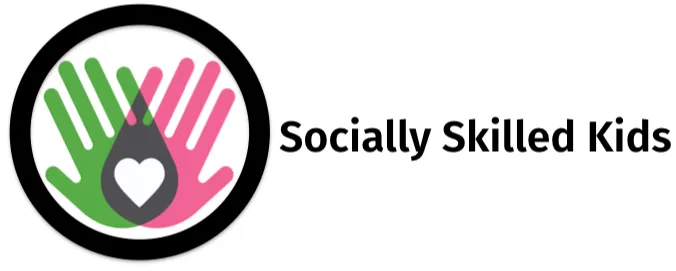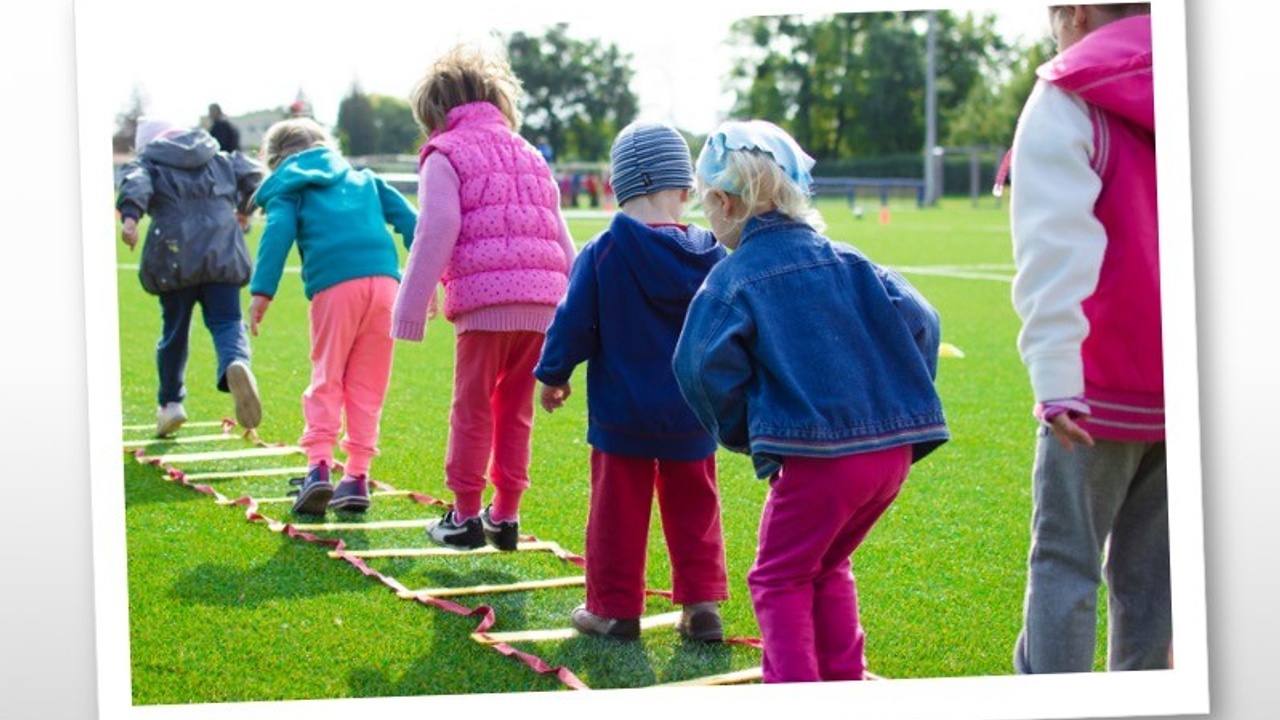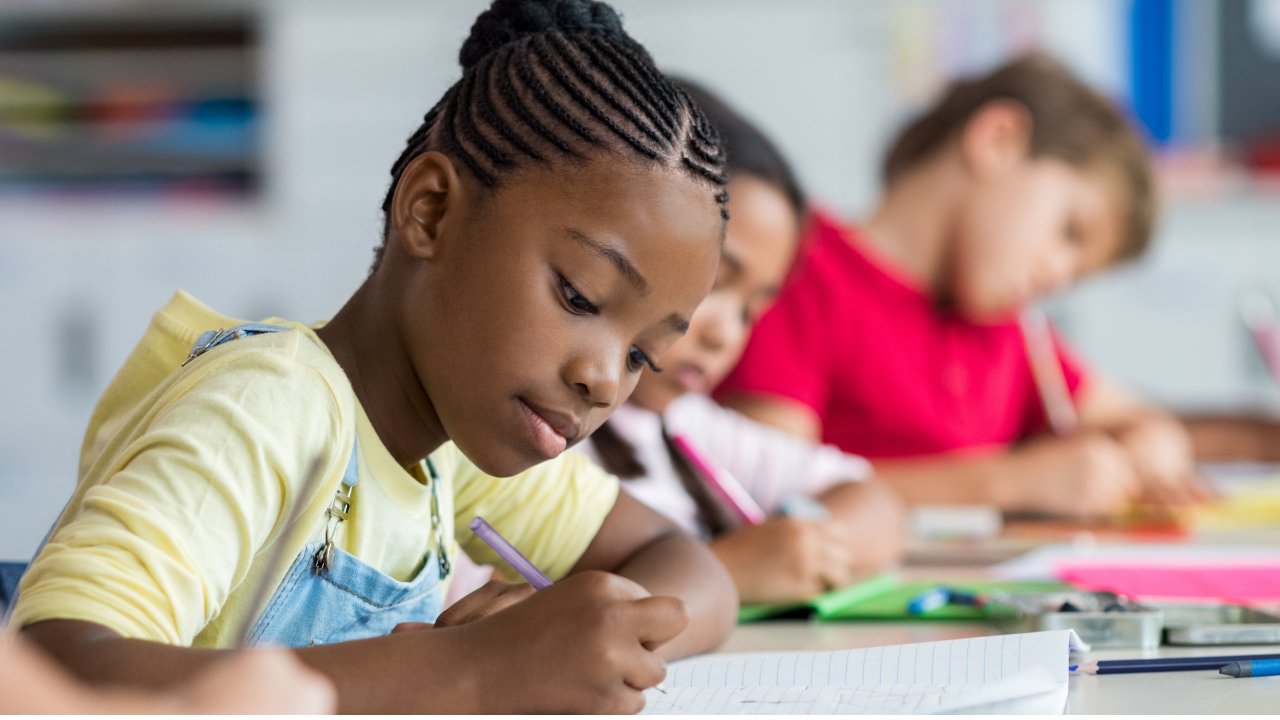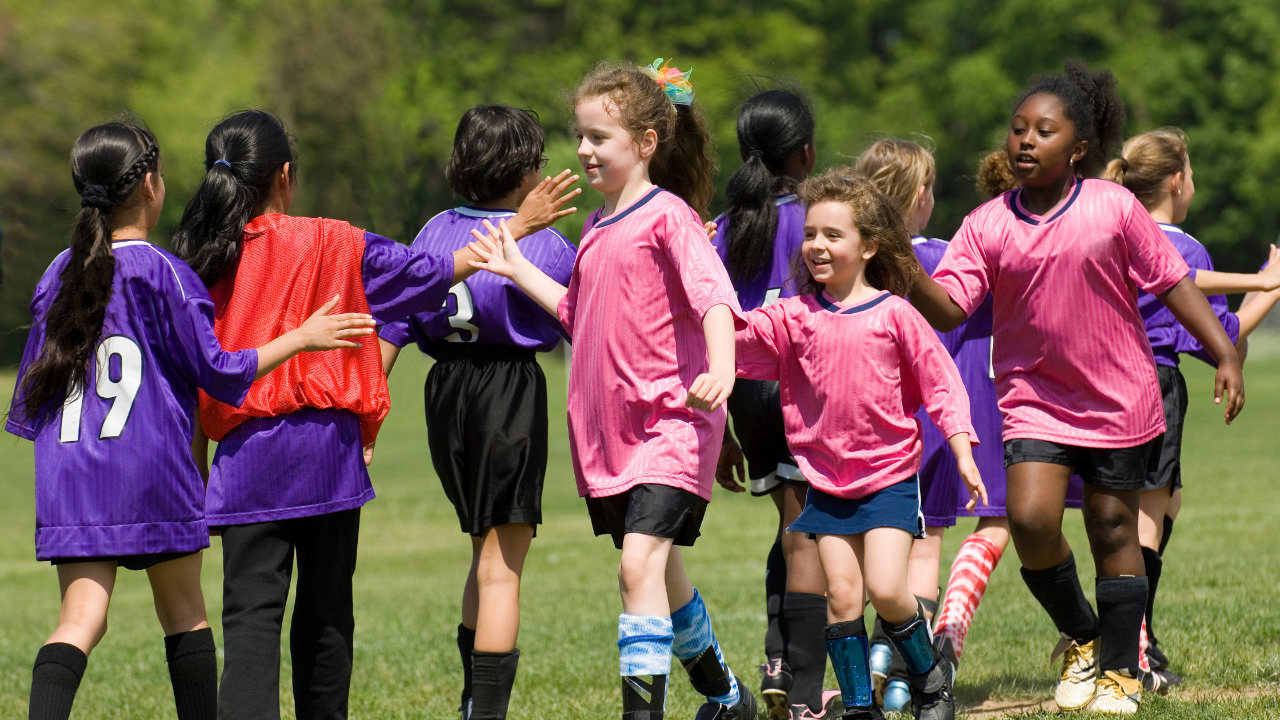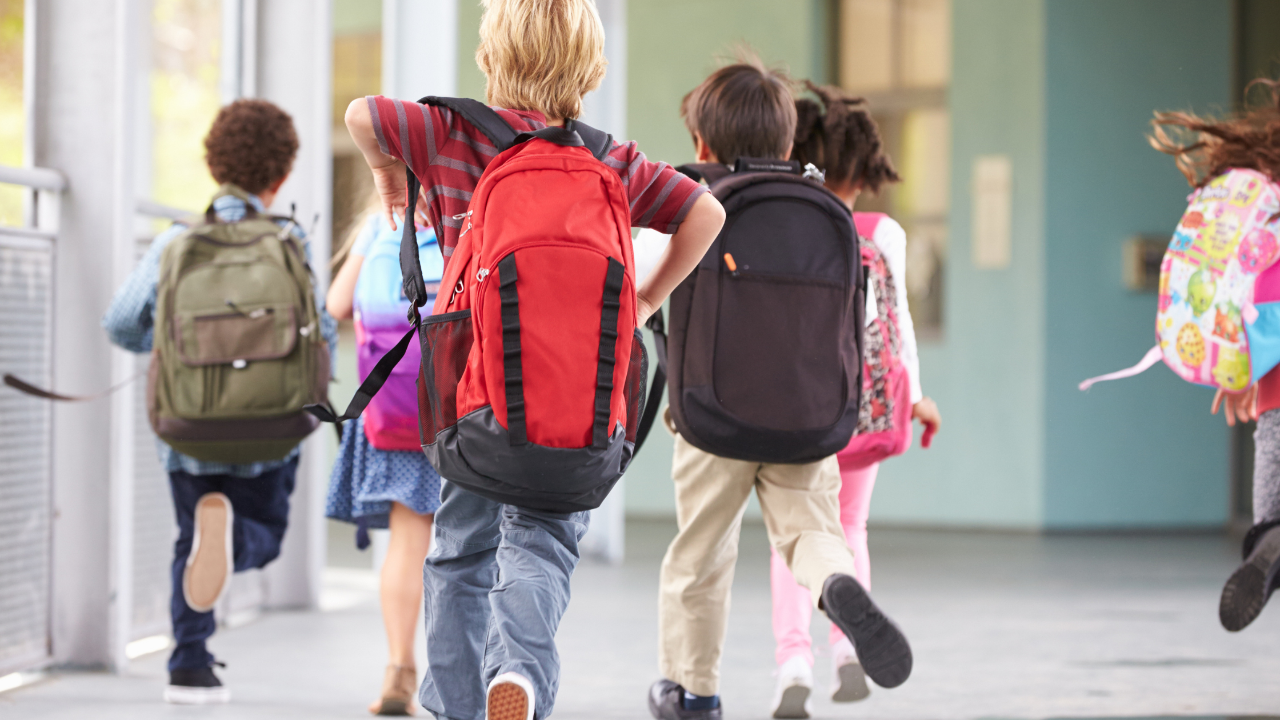The Socially Skilled Kids Blog
Teaching Teamwork and Cooperation Skills to Students
Jul 16, 2020
How and Why to Use a Behavior Contract for Students
Jul 15, 2020
How to Motivate Your "Hard to Motivate" Students
Jul 15, 2020
Ideas for Teaching Students How to Regulate Emotions
Jul 15, 2020
How To Teach Your Struggling Spellers
Jul 15, 2020
10 Must Teach, Good Sport Behaviors
Jul 15, 2020
Convincing Students, It's Okay to Make Mistakes
Jul 15, 2020
Back to School! It's Time to Teach Social Skills!
Jul 14, 2020
